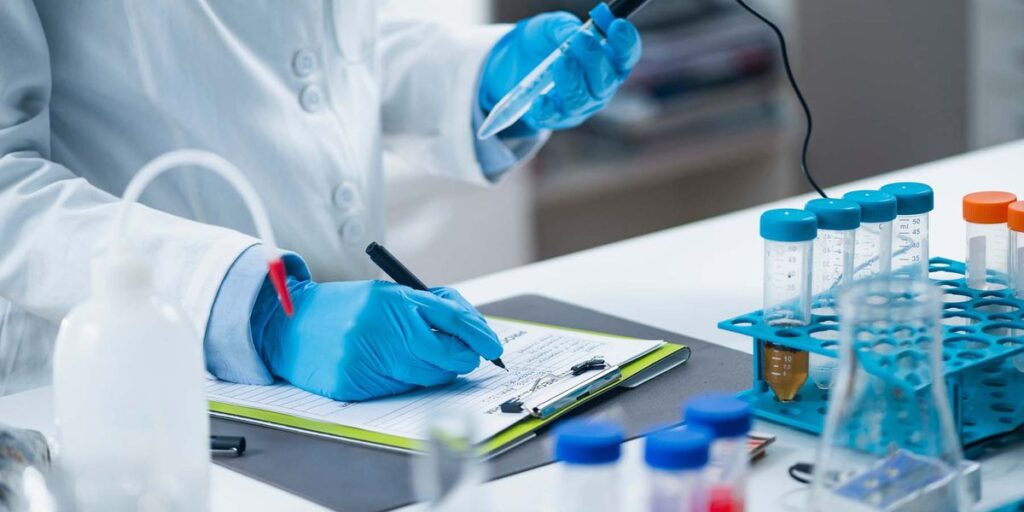Laboratory testing plays a crucial role in ensuring the quality and safety of various products. This vital process allows manufacturers to identify potential hazards, assess product performance, and ensure compliance with regulatory standards. In this article, we will explore the significance of laboratory testing in various industries and how it contributes to product quality and safety.
Quality Control in Manufacturing:
Laboratory testing is an essential component of quality control practices in manufacturing. Through rigorous testing procedures, manufacturers can assess the integrity of raw materials, evaluate product formulations, and monitor the consistency of production processes. By conducting comprehensive laboratory tests, manufacturers can identify any deviations or abnormalities early on, preventing defective products from reaching the market.
Product Performance and Reliability:
Laboratory testing helps determine the performance and reliability of different products. For example, in the electronics and appliance industry, tests such as voltage analysis, functional testing, and electromagnetic field (EMF) testing ensure that devices meet expected performance standards and operate safely. These tests provide valuable insights into a product’s durability, efficiency, and overall reliability, leading to higher customer satisfaction.
Safety Compliance:
When it comes to consumer products, laboratory testing is crucial to ensuring safety compliance. For instance, in the food and pharmaceutical industries, microbiological analysis, toxic element testing, and packaging leaching tests help identify potential contaminants or harmful substances. Through these tests, manufacturers can ensure that their products meet regulatory guidelines, protecting consumers’ health and safety.
Environmental Impact:
Laboratory testing also extends to assessing the environmental impact of products. In the textile and garment industry, tests such as color fastness, flammability, and toxicity evaluation ensure that clothing and footwear adhere to environmental standards. By conducting eco-environmental tests, manufacturers can minimize the environmental footprint of their products and demonstrate their commitment to sustainability.
Consumer Protection:
Laboratory testing acts as a safeguard for consumers, ensuring that the products they purchase meet quality and safety standards. By investing in comprehensive laboratory testing, manufacturers demonstrate their dedication to producing reliable and safe products, thereby building trust and loyalty among consumers.
Laboratory testing services are vital for ensuring the quality, performance, and safety of various products across different industries. From quality control in manufacturing to safety compliance and environmental impact assessment, laboratory testing plays a significant role in product development and consumer protection. By utilizing rigorous testing protocols, manufacturers can uphold high standards and deliver products that meet customer expectations.\




